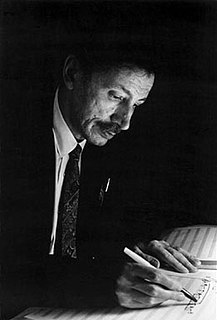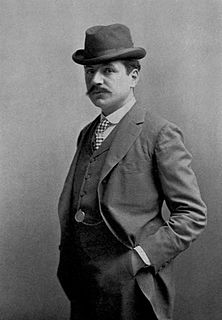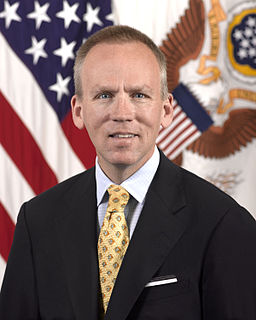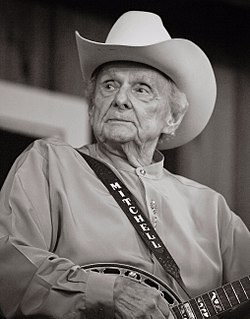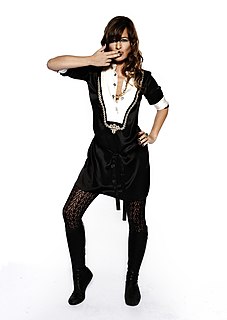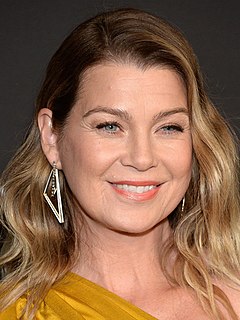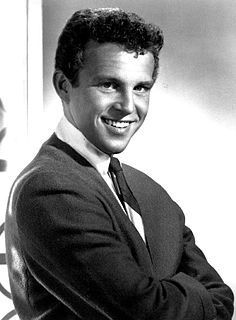A Quote by Alan Hovhaness
My mother's background was Scottish. She came from an old family, some of whom lived in upper New York State and some of whom had come over from Scotland.
Related Quotes
My first banjo? My mother's sister, my aunt, lived about a mile from where we did, and she raised some hogs. And she had - her - the hog - the mother - they called the mother a sow - of a hog. And she had some pigs. Well, the pigs were real pretty, and I was going to high school and I was taking agriculture in school. And I sort of got a notion that I'd like to do that, raise some hogs. And so my aunt had this old banjo, and my mother told me, said, which do you want, the pig or a banjo? And each one of them's $5 each. I said, I'll just take the banjo.
My whole family is in the arts some way or the other. My father was a cellist in a symphony outside Chicago that was a side-job, he was a scientist. My mother was a dancer in New York. She was next-door neighbors with Dorothy Loudon and they moved to New York together. Mom was a dancer in New York for several years before she got married. My sister was a classical pianist. And my brother was a partier. So it all just seemed to work.
The idea of the book ["The Japanese Lover"] came in a conversation that I had with a friend walking in the streets of New York. We were talking about our mothers, and I was telling her how old my mother was, and she was telling me about her mother. Her mother was Jewish, and she said that she was in a retirement home and that she had had a friend for 40 years that was a Japanese gardener. This person had been very important in my friend's upbringing.
You're supported by everything in New York if you want to be a performing artist. You come here, you can change your name. You leave home, you come here, you're severed from family obligations - the old identity drops away as soon as you come to New York because you're coming to New York, if you're an artist, to be someone else.
Strange indeed is human nature. Here were these men, to whom murder was familiar, who again and again had struck down the father of the family, some man against whom they had no personal feeling, without one thought of compunction or of compassion for his weeping wife or helpless children, and yet the tender or pathetic in music could move them to tears.
It's hard for us sophisticates to believe, but the people my parents worked for were good people. They were socialists of the heart. They were Scottish upper class. I don't think they had political theories in the way my lefty friends in New York do but they did all the things that socialists do. My mother was the Jewish cook from Vienna and they would say, "Come and have dinner with us." I spent weekends with them. Who does that? This is Utopia.
Though there are some notable exceptions, by and large the persistent ranting of the Warren Commission critics, some of whom were screaming the word 'conspiracy' before the fatal bullet had even come to rest, came to remind me, as H. L. Mencken said in a different context, of dogs barking idiotically through endless nights.
I'd trained to be a diplomat but the state department said I was too liberal. I saw an ad in the New York Times ... a hack Californian editor came to New York to butcher some films and he needed an assistant. For some reason I read it that day and it changed my life. I went to work for him and he was horrible, butchering these masterpieces by Antonioni, Visconti, but I learned enough to know what he was doing wrong.
So, in "Melting Pot" the children (about a third of whom were kids of color) sang the line, "America was the new world and Europe was the old," in one stroke eradicating the narratives of indigenous persons for whom America was hardly new, and any nonwhite kids whose old worlds had been in Africa or Asia, not Europe.
